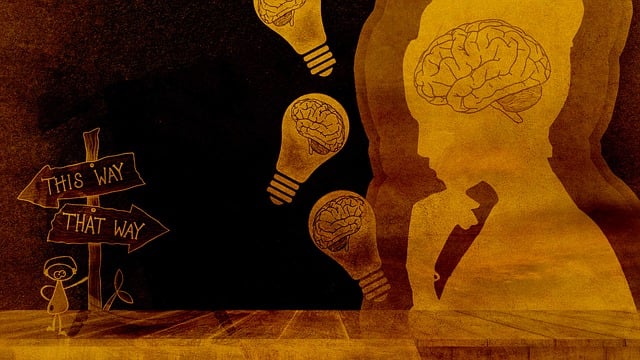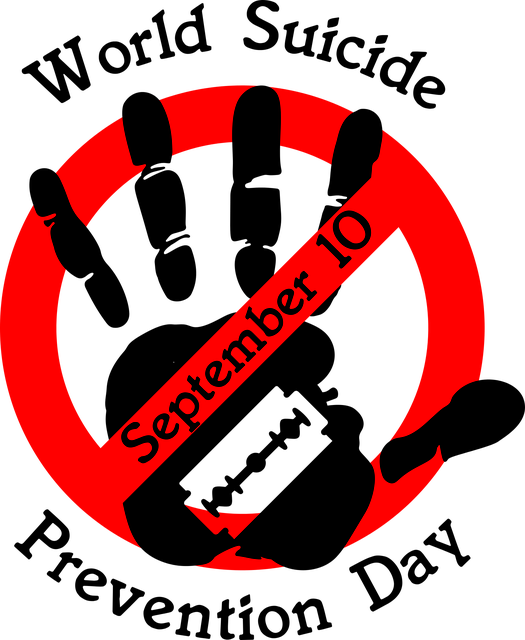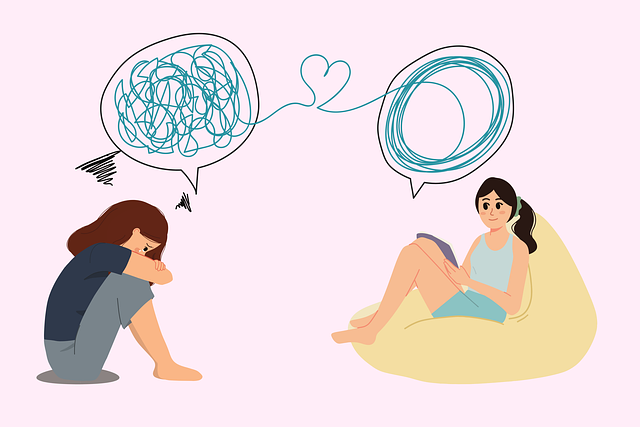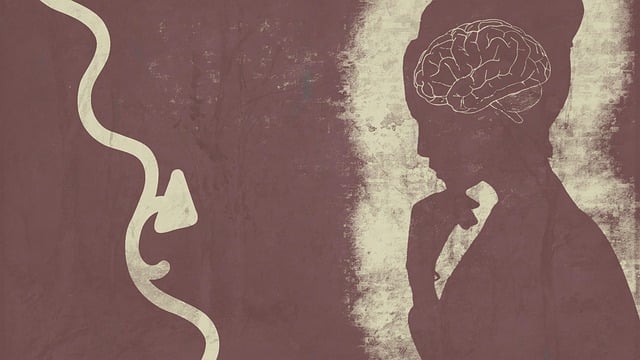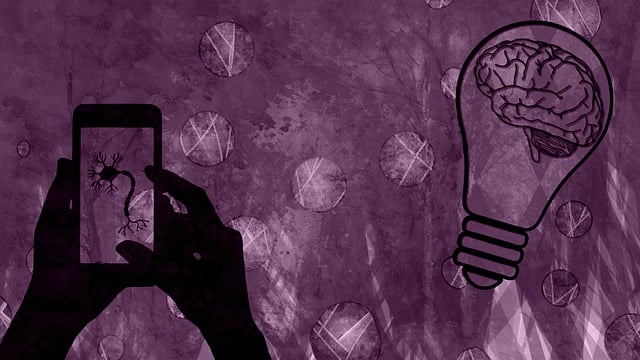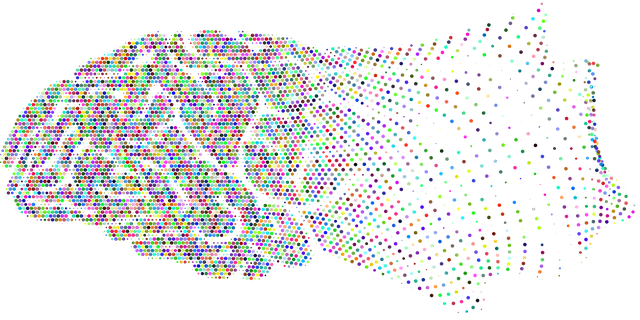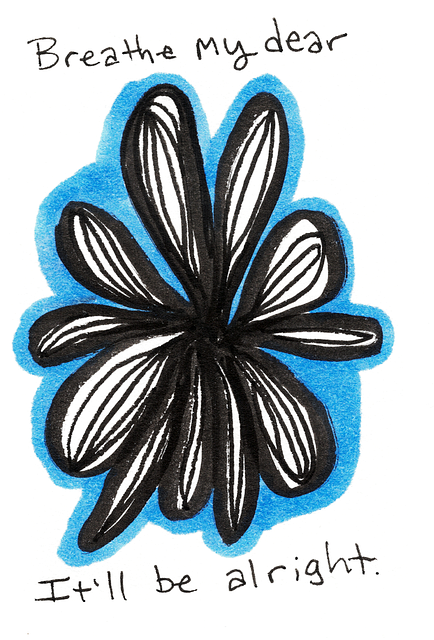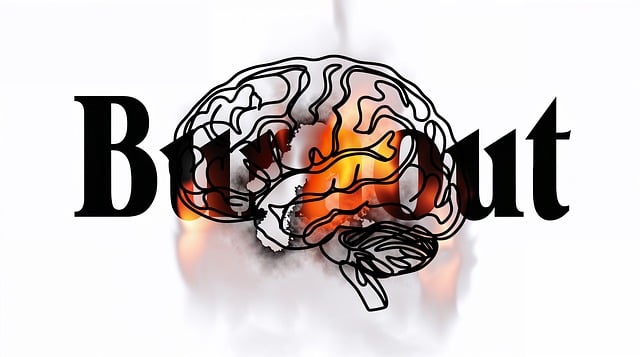Mental Health Crisis Hotlines, including those offering Lone Tree Post-Traumatic Stress Disorder (LTPTSD) therapy, provide 24/7 support and confidential guidance for individuals experiencing acute emotional distress. Trained professionals offer personalized emotional support, crisis intervention techniques, and access to diverse resources like therapy services and community programs. These hotlines are especially beneficial for marginalized communities, fostering cultural sensitivity and competency through initiatives like the Mental Wellness Podcast Series and Healthcare Provider Cultural Competency Training. Calling these hotlines is a vital step for anyone facing a mental health emergency, offering immediate aid, coping skills, and long-term resources to manage LTPTSD effectively.
Mental health crisis hotline support services play a vital role in assisting individuals navigating difficult emotional situations. These 24/7 resources offer immediate assistance, connecting people with trained professionals who provide guidance and care. Whether facing anxiety, depression, or post-traumatic stress disorder (Lone Tree Post-Traumatic Stress Disorder Therapy), hotlines empower users to find solutions and hope during crises. Understanding access points and the impact of these services is crucial in fostering a supportive society and ensuring everyone has the help they need when facing mental health challenges.
- Understanding Mental Health Crisis Hotlines
- Who Should Utilize These Services?
- How Do You Access a Crisis Hotline?
- The Impact and Effectiveness of Support Services
Understanding Mental Health Crisis Hotlines

Mental Health Crisis Hotlines are vital resources for individuals experiencing acute emotional distress or a mental health emergency. These dedicated phone lines provide immediate support and guidance to those in need, often serving as a first point of contact for people grappling with conditions such as Lone Tree Post-Traumatic Stress Disorder (LTPTSD). Trained professionals on these hotlines offer confidential conversations, crisis intervention techniques, and emotional support tailored to each caller’s unique situation.
The effectiveness of these services lies in their accessibility and 24/7 availability. Many hotlines employ a diverse range of support staff, including mental health professionals, peer counselors, and volunteer callers who have personally experienced similar challenges. This variety ensures that callers receive empathetic, culturally competent care, fostering a sense of understanding and trust. Moreover, these hotlines often provide a gateway to additional resources, such as therapy services or community-based programs, facilitating long-term mental wellness through the Mental Wellness Podcast Series Production and Healthcare Provider Cultural Competency Training initiatives.
Who Should Utilize These Services?

Anyone experiencing a mental health crisis can benefit from hotline support services, but certain groups may find them especially invaluable. Individuals suffering from post-traumatic stress disorder (PTSD), whether stemming from military service, personal trauma, or other stressors, can receive crucial Lone Tree PTSD therapy through these hotlines. They offer immediate assistance and connect people with qualified mental health professionals for ongoing treatment.
Hotline services are also beneficial for marginalized communities who may face additional challenges in accessing quality mental healthcare due to cultural barriers. Cultural sensitivity in mental healthcare practice is paramount, and many hotlines provide training for healthcare provider cultural competency. Trauma support services within these hotlines cater to diverse populations, ensuring that everyone receives care tailored to their unique needs and backgrounds.
How Do You Access a Crisis Hotline?

Accessing a crisis hotline is a crucial step for anyone experiencing a mental health emergency. These services are designed to provide immediate support and guidance, offering a safe space to share concerns and connect with trained professionals. Most hotlines operate 24/7, ensuring round-the-clock assistance.
To reach out, individuals can simply dial the dedicated hotline number, often a toll-free line, from any phone. The process is confidential, allowing people to discuss their issues openly. Whether facing symptoms of Post-Traumatic Stress Disorder (Lone Tree PTSD Therapy can be relevant here), anxiety, depression, or other crises, trained counselors offer crisis intervention guidance and can help build confidence in managing mental wellness.
The Impact and Effectiveness of Support Services

The effectiveness of mental health crisis hotline support services lies in their ability to provide immediate, accessible, and non-judgmental assistance to individuals in distress. These hotlines serve as a safety net for those grappling with various mental health issues, including Lone Tree Post-Traumatic Stress Disorder (PTSD) Therapy. Trained professionals offer not just short-term relief but also crucial resources and coping skills development tailored to each individual’s needs. By fostering empathy building strategies and mood management techniques, these services empower users to navigate their mental health journeys with enhanced resilience.
Regular utilization of hotline support has shown promising outcomes in reducing the severity of symptoms and preventing escalation. The confidential nature of these interactions encourages individuals to openly discuss their struggles, allowing for more effective interventions. Furthermore, many hotlines offer follow-up services, ensuring continued care beyond the initial crisis, which is vital for long-term mental health management.
Mental health crisis hotline support services play a pivotal role in assisting individuals navigating traumatic experiences, such as those with Lone Tree Post-Traumatic Stress Disorder (PTSD) therapy needs. By providing immediate, confidential, and non-judgmental support, these hotlines empower people to find resources, share their struggles, and take the first steps towards healing. Accessing these services is simple, often through a single phone call or online chat, making them a convenient safety net during times of crisis. Research shows that crisis hotline interventions can significantly reduce symptoms of mental health disorders, promote coping skills, and foster resilience, ultimately enhancing individuals’ ability to seek long-term treatment and support.

